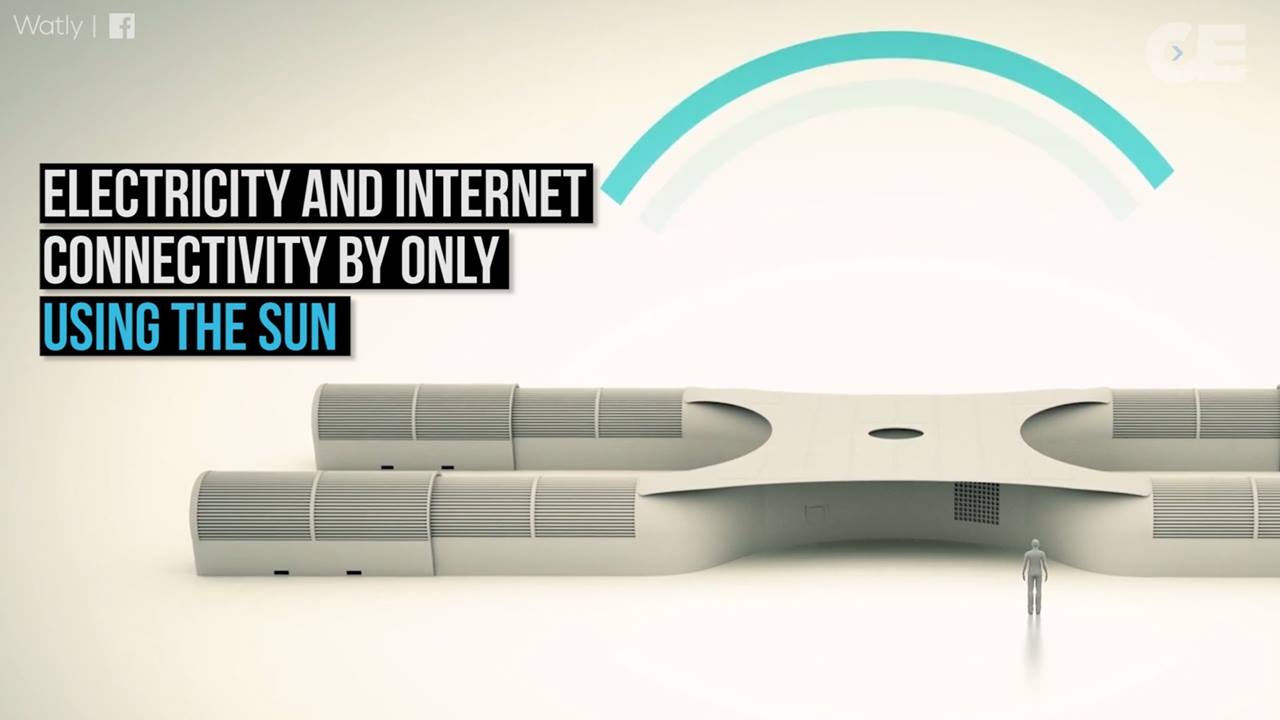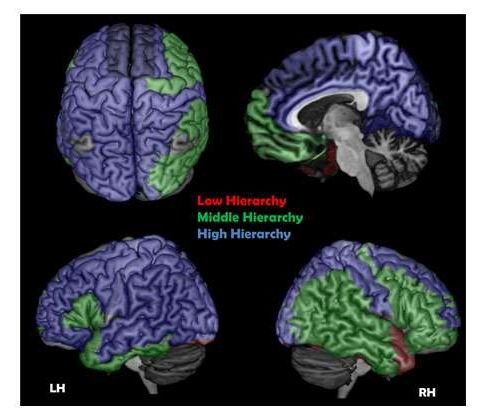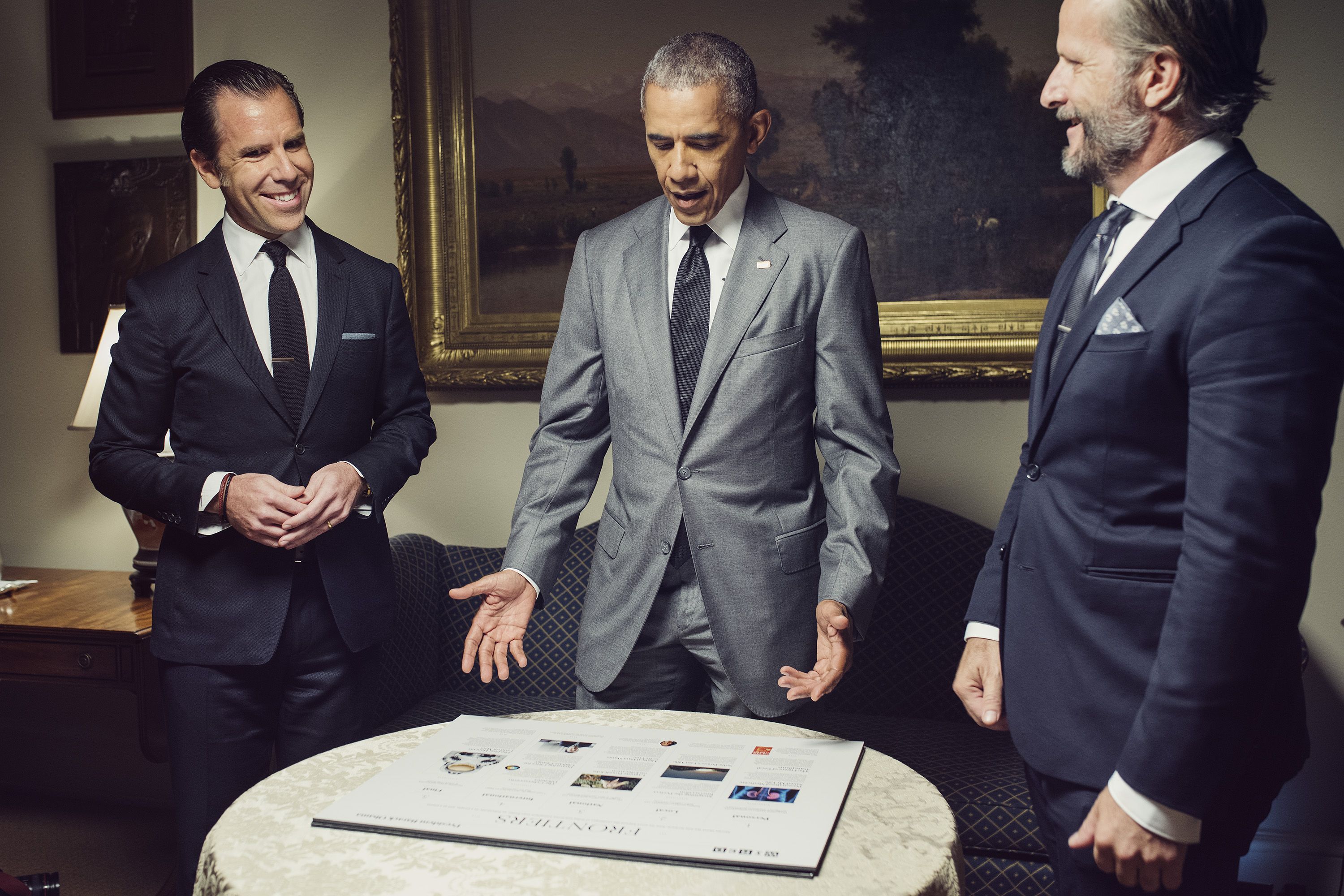Page 10858
Aug 30, 2016
A new study looks for the cortical conscious network
Posted by Shailesh Prasad in categories: biotech/medical, mathematics, neuroscience, physics
New research published in the New Journal of Physics tries to decompose the structural layers of the cortical network to different hierarchies enabling to identify the network’s nucleus, from which our consciousness could emerge.
The brain is a very complex network, with approximately 100 billion neurons and 100 trillion synapses between the neurons. In order to cope with its enormous complexity and to understand how brain function eventually creates the conscious mind, science uses advanced mathematical tools. Ultimately, scientists want to understand how a global phenomenon such as consciousness can emerge from our neuronal network.
A team of physicists from Bar Ilan University in Israel led by Professor Shlomo Havlin and Professor Reuven Cohen used network theory in order to deal with this complexity and to determine how the structure of the human cortical network can support complex data integration and conscious activity. The gray area of the human cortex, the neuron cell bodies, were scanned with MRI imaging and used to form 1000 nodes in the cortical network. The white matter of the human cortex, the neuron bundles, were scanned with DTI imaging, forming 15,000 links or edges that connected the network’s nodes. In the end of this process, their network was an approximation of the structure of the human cortex.
Aug 30, 2016
Could an algorithm help to save people’s eyesight? Google thinks so
Posted by Shailesh Prasad in categories: biotech/medical, information science, life extension, robotics/AI

Google’s artificial intelligence research lab DeepMind is exploring whether its technology could be used to identify early signs of eye diseases that ophthalmologists might not spot.
DeepMind, which was acquired by Google in 2014, has struck an agreement with Moorfields Eye Hospital in London that gives it access to about a million anonymous retinal scans, which it will feed into its artificial intelligence software.
Continue reading “Could an algorithm help to save people’s eyesight? Google thinks so” »
Aug 30, 2016
Virtual Reality Gets More Immersive With Face Tracking Software
Posted by Shailesh Prasad in category: virtual reality
Aug 30, 2016
Why Bitcoin is and isn’t like the Internet — By Joichi Ito | LinkedIn
Posted by Odette Bohr Dienel in categories: bitcoin, internet
“In the post that follows I’m trying to develop what I see to be strong analogues to another crucial period/turning point in the history of technology, but like all such comparisons, the differences are as illuminating as the similarities.”
Aug 30, 2016
President Barack Obama Will Guest-Edit Wired’s November Issue — By Robert Capps | Wired
Posted by Odette Bohr Dienel in category: futurism
“Wired has had some amazing guest editors over the years. J.J. Abrams on magic, mysteries, and puzzles; Bill Gates on solving the world’s biggest problems; Christopher Nolan on space, time, and multiple dimensions; and, most recently, Serena Williams on equality in the digital age. This November we will add President Barack Obama to our guest editor ranks—the first time WIRED (or any other magazine) has been guest-edited by a sitting president.”
Aug 30, 2016
New evidence strengthens the case for ‘Planet 9’ in the outer solar system
Posted by Andreas Matt in category: space
There could be a giant planet lurking in the frozen depths of the outer solar system, and more evidence suggests it’s out there.
Aug 30, 2016
Elephants With Prosthetic Legs
Posted by Albert Sanchez in categories: biotech/medical, cyborgs
Aug 30, 2016
Statement by Vice-President Ansip and Commissioner Oettinger welcoming guidelines on EU net neutrality rules by the Body of European Regulators for Electronic Communications (BEREC)
Posted by Roman Mednitzer in categories: business, economics, internet, law, transportation
European Commission Vice -President Andrus Ansip, responsible for the Digital Single Market, and Commissioner Günther H. Oettinger, in charge of the Digital Economy and Society, welcome today’s publication of guidelines on EU net neutrality rules by the Body of European Regulators for Electronic Communications (BEREC). The publication of these guidelines was foreseen in the Regulation on the first EU-wide net neutrality rules which was agreed by the European Parliament and Council last year (press release) and which has applied in all EU Member States since 30 April 2016. The Commission has worked closely with BEREC on the preparation of the guidelines.
Vice-President Ansip and Commissioner Oettinger said:
“Today’s guidelines provide detailed guidance for the consistent application of our net neutrality rules by national regulators across the EU. They do not alter the content of the rules in place which guarantee the freedom of the internet by protecting the right of every European to access internet content, applications and services without unjustified interference or discrimination. Our rules, and today’s guidelines, avoid fragmentation in the single market, create legal certainty for businesses and make it easier for them to work across border. They also ensure that the internet remains an engine for innovation and that advanced technologies and Internet of Things services like connected vehicles as well as 5G applications are developed today, and will flourish in the future. We are pleased with the intensive engagement with stakeholders in the preparation of the guidelines, which contributed to their quality.















